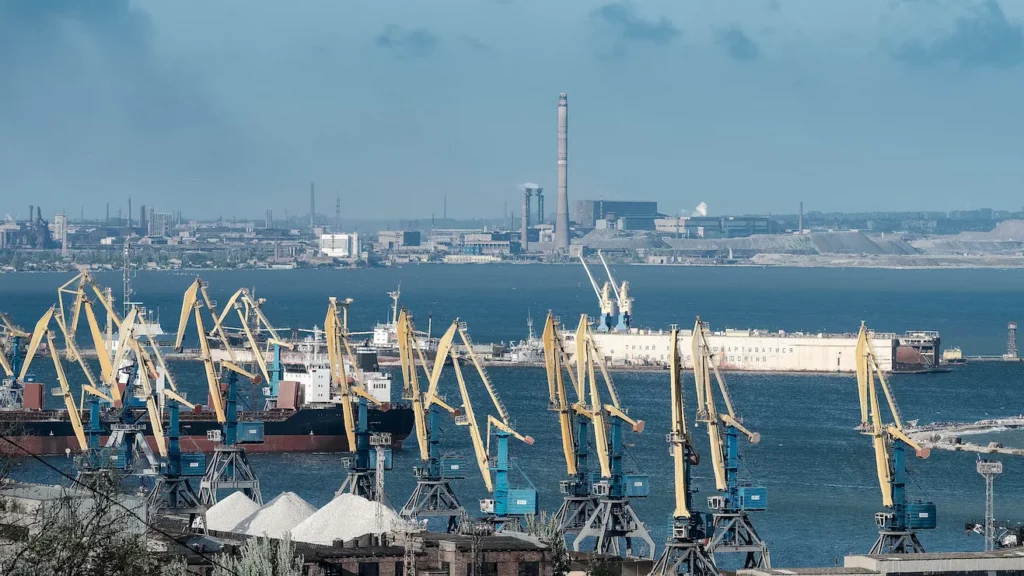
The domestic oil and gas industry is looking at Budget 2023 for some relief as the upheaval in the global crude prices due to the Russia-Ukraine war led to huge losses.
The upstream oil and gas producers want a reduction in the steep taxes, which amount to around 70% of their income, along with the special additional excise duties or SAED on oil production, to empower the domestic industry to meet the country’s rising demand. “There are definite expectations from the government to relook at this curtailing tax structure,” a spokesperson of Cairn Oil & Gas, Veda
The Vedanta Group company wants taxes to be capped at 35-40% as per the global norm. “This would help the sector attract much-needed investments to boost production from existing fields and also conduct fresh exploration activities for both conventional and non-conventional fuels.” The spokesperson added that the government did well to prioritise energy security and the budget provides another occasion to fast-track the steps towards achieving complete self-reliance in energy for India. Fuel Retailers And Refiners During the financial year 2022-23, the oil marketing companies incurred huge losses on the sale of auto fuels and LPG due to elevated crude oil prices. The union government had approved in October 2022 a one-time grant of Rs 22,000 crore to public-sector oil retailers for losses incurred on the sale of LPG, but it compensates only partially for the losses incurred. The industry’s expectation is for adequate budgetary provision to compensate for losses incurred on the sale of auto fuels and LPG, Prashant Vasisht, vice president and co-group head at ratings agency ICRA Ltd.
He added that given the high price of LPG cylinders, the central government is expected to continue providing subsidies for the Ujjwala scheme beneficiaries in the budget, which is set to be presented by Finance Minister Nirmala Sitharaman in Parliament on Feb. 1. Although the government has revised SAED multiple times, these taxes have pared the profitability of upstream companies and refiners,according to Vasisht. With the softening of crude prices and reduction in the gross refining margins, the industry has been demanding that the SAED be discontinued, Vasisht added.
GST Pitch Natural gas, crude oil and other petroleum products—motor spirit, high-speed diesel and aviation turbine fuel—are currently outside the purview of the goods and services tax. These products are subject to excise duty by the Union government and value-added taxes by the state governments.
The industry has been demanding for a long time to bring these products under the GST regime for a free flow of input tax credits and avoidance of stranded taxes, said Sumit Pokharna, vice president and oil sector analyst at Kotak Securities Ltd.. Imports of liquified natural gas attract customs duty of 2.5%. Exempting LNG imports from customs duty like crude, which attracts nil duty, will promote the use of natural gas as a fuel, Vasisht said. “The GST on regasification of LNG remains high, at 18%, thereby increasing the landed cost and, accordingly, the industry has requested the government to reduce the GST rates, given the high prevailing price of LNG.”
According to experts, upstream industry also expects GST exemption for exploration activity and the removal of service tax on the cost of petroleum, profit petroleum and royalty—as they are not payments against any service and, therefore, not subject to service tax.
The government should also clarify the eligibility to avail a tax holiday under Section 80-IB of the Income Tax Act and enumerate the definition of mineral oil to include natural gas retrospectively, which has been a long-running demand of the industry, Vasisht said.
The industry has a budget expectation for the government to reconsider the proposal to deny a full credit if the Minimum Alternate Tax to the companies that opt for the lower tax rate under Section 115BAA, he added.
source:https://www.bqprime.com/
